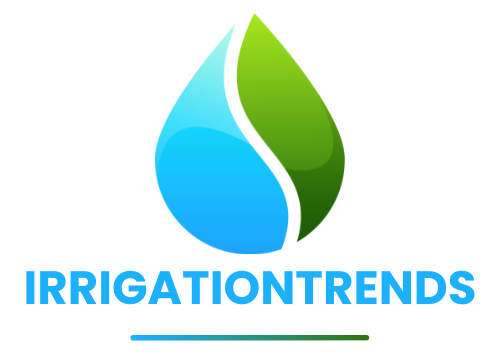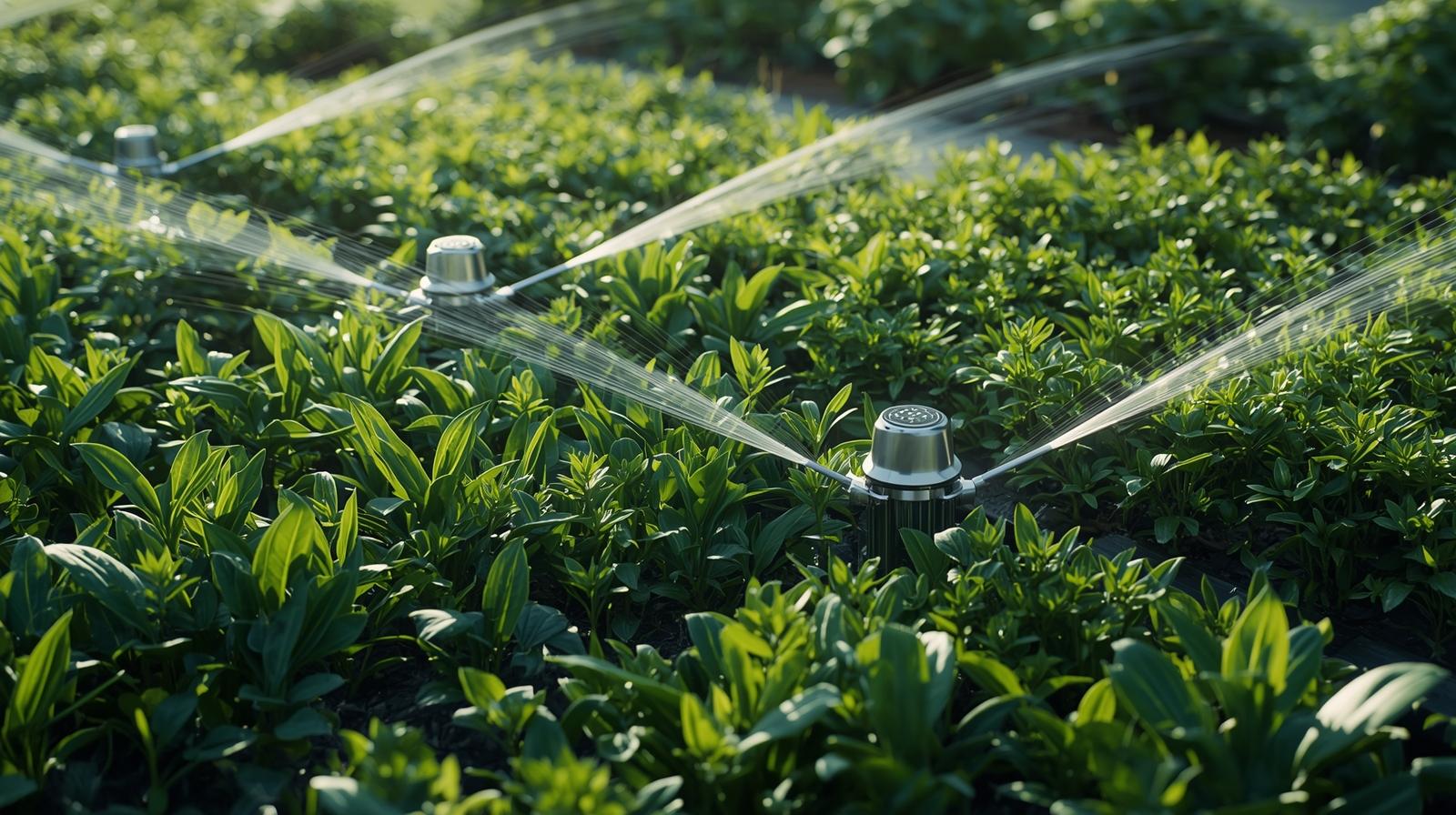The smart irrigation controllers market is rapidly evolving, driven by technological advancements and the growing need for efficient water management. With the global market expected to reach USD 3.34 billion, the potential for innovation and growth in this sector is vividly clear. This article explores the factors influencing this growth, the benefits of smart irrigation systems, and the challenges faced by the industry.
Understanding Smart Irrigation Controllers
Smart irrigation controllers are advanced devices designed to optimize irrigation systems by using weather data and soil moisture levels to determine the appropriate amount of water needed for landscapes and farms. Unlike traditional timers, these controllers can make real-time, data-driven decisions, which leads to significant water savings and improved plant health.
Market Dynamics Driving Growth
The smart irrigation controllers market is set to experience a remarkable 13.1% CAGR (Compound Annual Growth Rate) over the upcoming years. Various factors are contributing to this robust growth:
- Water Scarcity: With water becoming an increasingly precious resource, there is a growing push towards adopting smart irrigation practices that conserve water.
- Tightening Regulatory Standards: Governments in many regions are implementing stricter regulations on water usage, compelling agricultural and landscaping sectors to transition to smarter systems.
- Technological Advancements: Innovations such as IoT (Internet of Things) integration and cloud computing are enhancing the functionality and accessibility of smart irrigation solutions.
- Sustainability Trends: The increasing emphasis on sustainable practices in agriculture is prompting farmers to invest in technology that promotes efficient water use.
Benefits of Smart Irrigation Controllers
The adoption of smart irrigation controllers offers numerous benefits, making them a compelling choice for both residential and commercial users:
- Water Conservation: Smart controllers help reduce water waste by applying the right amount of water when needed.
- Cost Savings: By minimizing water consumption, users can significantly lower their utility bills and maintenance costs.
- Enhanced Plant Health: With precise watering schedules, plants receive optimal hydration, leading to healthier growth and reduced disease risks.
- Remote Management: Many smart controllers can be managed through smartphone apps, allowing users to oversee their irrigation systems from anywhere.
- Weather Adaptability: Smart irrigation systems can automatically adjust the watering schedule based on real-time weather conditions.
Segment Analysis of Smart Irrigation Controllers
The smart irrigation controllers market can be segmented based on several criteria, including component type, application, and region. Each segment plays a vital role in defining the market landscape.
- Component Type: Smart irrigation controllers can be divided into soil moisture sensors, weather stations, and cloud-based software. Each component serves a unique function, contributing to the overall efficiency of the irrigation system.
- Application: Applications range from agricultural farming to residential gardening and commercial landscaping. The demand in these sectors varies based on the specific needs of users.
- Geographic Reach: Regions such as North America, Asia-Pacific, Europe, and the Middle East are witnessing different levels of growth due to varying climatic conditions, agricultural practices, and technological adoption.
Challenges Facing the Smart Irrigation Market
Despite the promising growth trajectory, the smart irrigation controllers market faces several challenges:
- High Initial Costs: The upfront investment required for smart irrigation technologies can be a deterrent for some users, especially small farmers.
- Complexity and Usability: Some users may find the technology difficult to understand and operate, leading to underutilization of the systems.
- Data Privacy Concerns: With the increasing reliance on cloud-based solutions, issues regarding data security and privacy continue to be a significant concern.
- Cultural Resistance: In certain regions, traditional watering practices are deeply rooted, and there can be resistance to adopting new technologies.
Future Trends in Smart Irrigation Technology
As the main players on the market (like Valley, or Lindsay) develop their new solutions and the smart irrigation controllers market continues to grow, several trends are likely to shape its future:
- AI and Machine Learning Integration: Enhanced data analysis through AI will enable predictive irrigation patterns, helping to optimize water use further.
- Increased Connectivity: The role of IoT will expand, offering seamless information exchange between devices to enhance the efficiency of irrigation systems.
- Enhanced User Interfaces: The development of more accessible and intuitive interfaces will improve user adoption and efficiency.
- Partnerships and Collaborations: Collaborations among technology providers, agricultural organizations, and governments will help to accelerate the adoption of smart irrigation solutions.
Conclusion
The smart irrigation controllers market is poised for impressive growth, owing to increased awareness of water conservation, technological innovations, and favorable regulatory frameworks. As stakeholders in agriculture and landscaping recognize the importance of sustainable practices, the demand for smart irrigation solutions will likely rise.
Investing in smart irrigation controllers offers significant benefits, including efficiency and cost savings, while overcoming existing challenges represents a call for innovation and collaboration. As technology continues to evolve, the future of irrigation looks promising, paving the way for smarter, more sustainable practices in water management.




